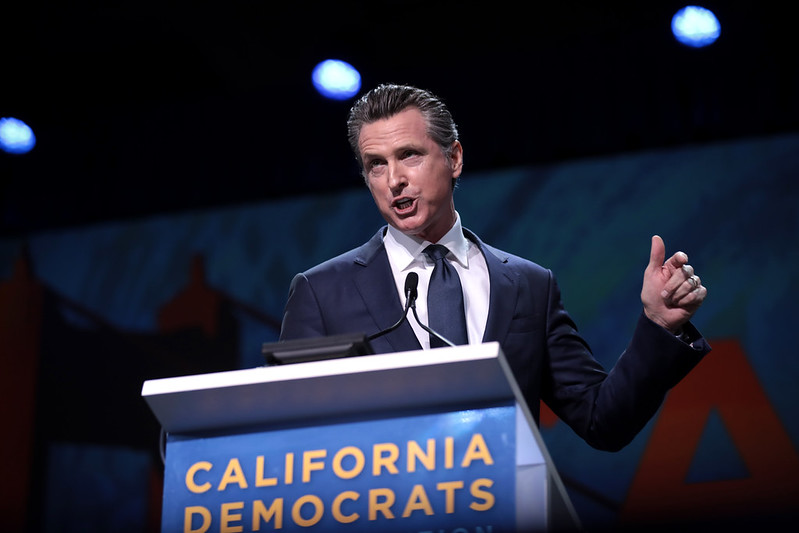
In a new article published in Forbes today, ATR’s Patrick Gleason writes about how across the U.S. there “are many examples of companies that have volunteered their expertise and capabilities to help the country get through the pandemic.”
Gleason’s article reports on the various ways companies have helped with the pandemic response. Some have done so by stepping outside of their commercial comfort zone, redirecting operations to the production of goods and services they previously did not make or provide, such as face masks and other personal protective equipment. Other businesses are helping society weather the pandemic by focusing on their core business functions and competencies, be that the researching of vaccines or the provision of data.
These businesses are stepping up to help the country get through the pandemic at the same time they are seeing their bottom line’s take huge hits and are subsequently forced to trim payroll (something government officials refuse to do themselves). It is in this context that some governors and mayors are seeking to saddle employers with tax increases that will further reduce their job sustaining capacity.
California Governor Gavin Newsom (D), for example, recently released a revised budget proposal for the coming fiscal year that starts in July. Newsom’s new budget proposal raises taxes on employers by $4.5 billion annually through a “temporary” suspension of net operating loss deductions, along with a prohibition of research and development tax credits.
In addition to this new multi-billion dollar tax hike that would hit employers at a time when many can least afford it, Governor Newsom’s revised budget maintains his previous proposal for a new tax on vaping products projected to generate about $33 million annually.
“Lawmakers will debate the plan over the next few weeks and must enact a budget by June 15,” Bloomberg Tax reported last week. “Newsom must sign it by the start of the fiscal year July 1.”
Governor Newsom’s proposals aren’t the only major tax threats facing California employers. This November Golden State voters will decide the fate of a government union and Democrat Party-backed ballot measure that, if approved, would raise property taxes on businesses by approximately $12 billion annually. This massive tax hike, which has been endorsed by presumed Democrat presidential nominee Joe Biden, would remove Prop. 13’s constitutional property tax cap for commercial businesses.
This is the first installment in a new series examining the most economically-damaging tax hikes that have been proposed in the middle of this pandemic-driven recession.

